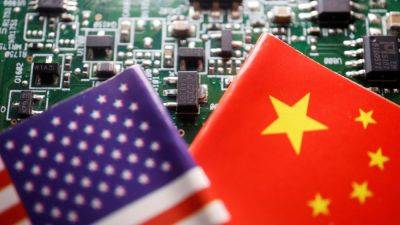Indonesia’s aim to gain from firms’ China decoupling hindered by rigid rules: analysts
As trade tensions between China and the West continue to push companies to adopt a “China plus one” strategy – expanding operations to other countries to reduce their risks and reliance on the East Asian giant – countries like India, Vietnam, Thailand and Malaysia have emerged as significant beneficiaries from the diversification wave.
Despite predictions that Indonesia would be one of the winners in the supply chain shift, the country has struggled to replicate the success of its neighbours, according to Josua Pardede, chief economist at Permata Bank in Indonesia.
Multinational companies often had to navigate Indonesia’s complex business rules, Josua said. “In contrast, Vietnam and Thailand have established more conducive business environments with simplified procedures to lure foreign investment,” he added.
Siwage Dharma Negara, a senior fellow at the Singapore-based ISEAS-Yusof Ishak Institute, said Indonesia needed to streamline its bureaucracy and regulatory environment across local and national governments to convince foreign companies to invest.
“The country is known for its long bureaucratic processes that have created additional costs and risks, thus hindering investment,” the co-coordinator of the institute’s Indonesia studies program said.







